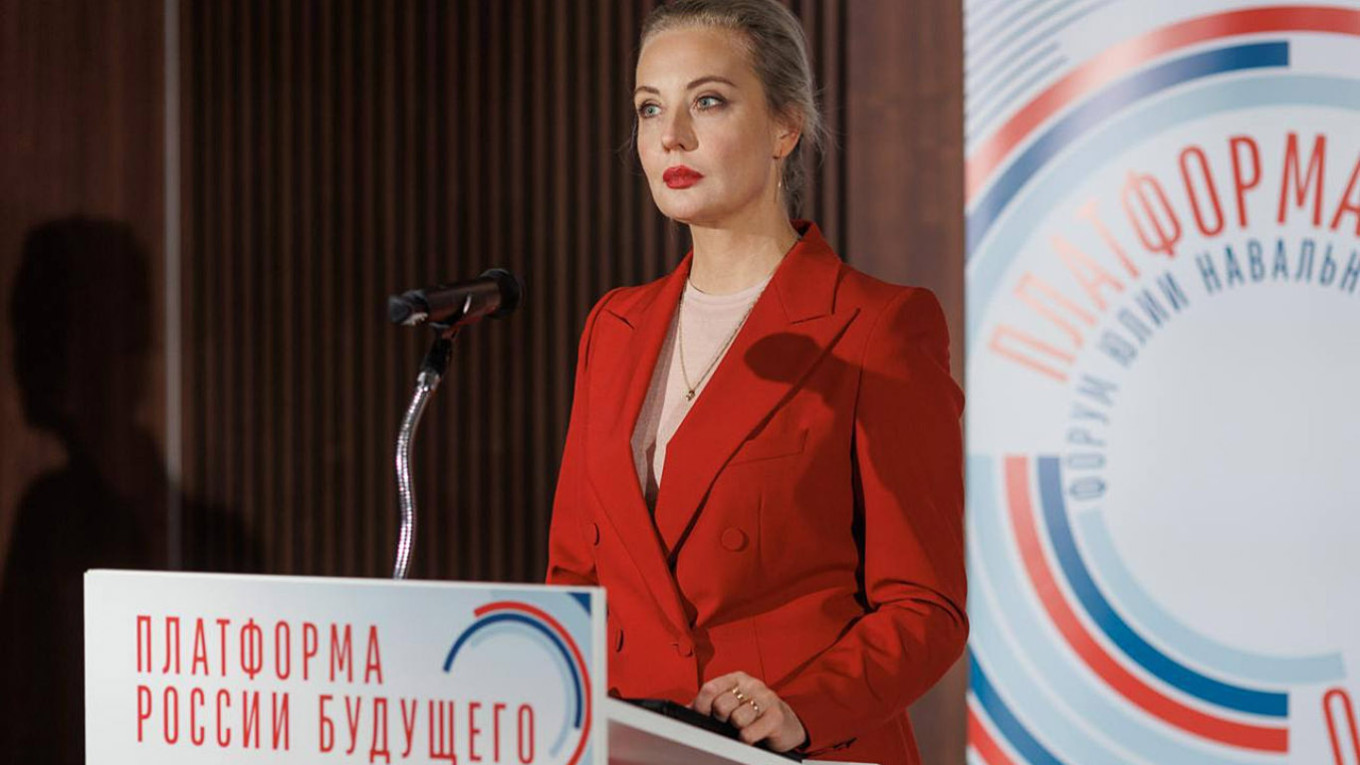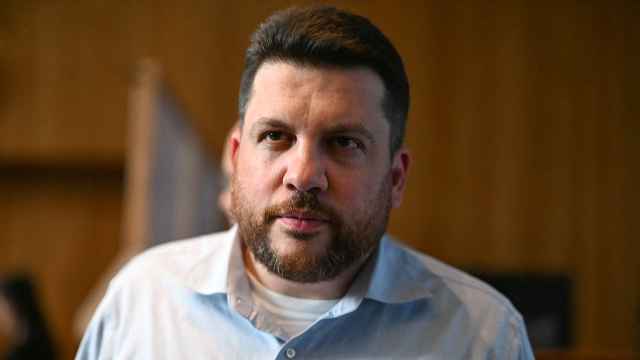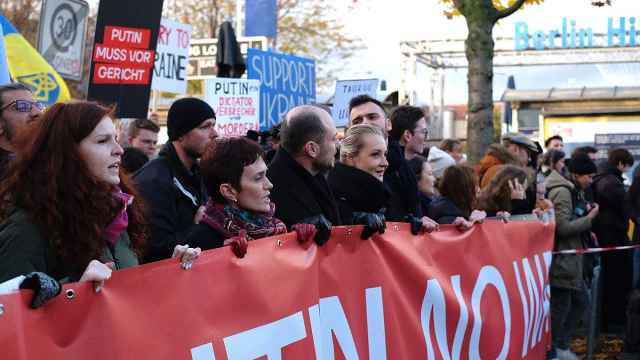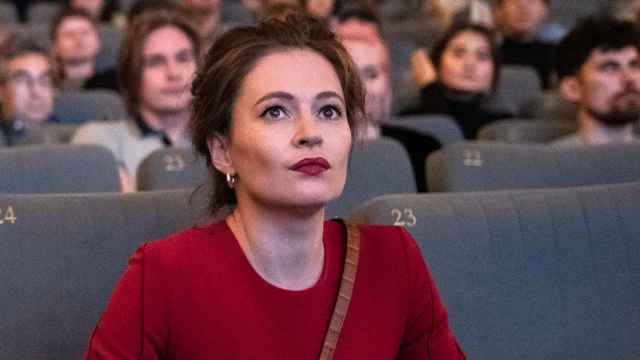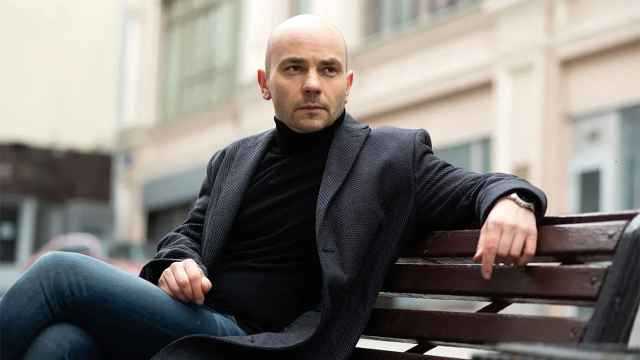When I was invited to a forum organized by the Anti-Corruption Foundation (FBK), I did not expect anything good to come from it. I thought I would only be met with slogans and detachment from reality. But over three days, I heard what I had been missing for a long time: an honest, professional and respectful conversation about the future of Russia.
By the spring of 2025, my opinion of the FBK had become, to put it mildly, reserved. I was repulsed not so much by “Irongate” or Leonid Volkov's interview with Yury Dud, but by their withdrawn, defensive and sometimes condescending attitude toward the media.
On top of this, there was little information about the outcome of the first forum. I know that the people who took part are intelligent, respected professionals. But it was not clear what they were talking about, nor what they concluded.
So when I was invited to participate in the second forum as an expert, I was hesitant. But in the end, I agreed, although I was still skeptical.
The “Platform of Russia's Future” was an initiative to develop strategies for the democratic transformation of Russia after the end of the current authoritarian regime.
It was not a political rally. The main idea was to try to set out the basic principles on which a Russia without Putin could be built. How should a new government reform the courts, the schools, the police and the tax system? What should be done about the army, regional politics, or the media?
Each working group had an organizer from FBK and an outside moderator. The organizer helped with technical issues and recorded minutes, while the moderator made sure that the discussion was productive. On the third day, a general session was held for each group to present a policy brief.
Importantly, the FBK did not try to impose any ideological control over the sections. There was only a thematic framework that the experts could decide how to address. The only instructions were to keep the work within the specified time frame so we would have an outline ready by the end of the second day.
People associated with the FBK, like political scientist Fyodor Krashennikov and economist Vladimir Milov, were involved in the forum. But the majority were independent experts in various fields, from economics and international law to sociology and pedagogy. I did not feel like I was at some sort of FBK meeting. Rather, it was a meaningful gathering of experts who did not think about whether the foundation would like this or that decision. They were allowed to express their opinions, which they did quite freely.
I understood that, naturally, the FBK were against the war in Ukraine and in favor of peace. But I did not know what their current vision of ending the war and building a future Russia was. Therefore, when Yan Matveyev, a military expert and member of the army reform working group, spoke, I expected to hear him suggest that we surrender our nuclear weapons, dissolve the army and condemn everyone as war criminals, from the Chief of the General Staff down to the last private.
But his position turned out to be quite different: that Russia needs an army; nuclear disarmament is only possible if every nuclear power disarms simultaneously; that war criminals whose guilt has been proven should be tried, not all of them at once simply because they belong to the army.
This was a shock to me. I was expecting to hear a radical position. But what I got was, in my opinion, quite a balanced one.
The same applies to the reform of the security forces. I expected to hear that Russia does not need intelligence and counterintelligence agencies, that the police should also be disbanded and all their employees jailed. Nothing of the sort happened. All the groups proceeded from the idea of the rule of law, and none of them proposed a witch hunt and collective punishment for anyone involved with the security services.
Likewise, none of the participants in the group on federalism supported the breakup of Russia into 83 separate states. The experts proceeded from the fact that Russia needs a real federation and the transfer of as many powers as possible from the federal to the regional and municipal level.
My working group on education discussed specific proposals on how to lighten the workload of teachers, reduce violence in schools and ensure equal access to education across Russia’s regions. Naturally, we recommended that the “Important Conversations” propaganda classes be canceled. But at the same time, no one advocated for mandatory lessons in democracy to re-educate teachers and students.
Instead of focusing on the world as they would like it to be, each group focused on finding solutions to identifiable problems. Of course, our political views influenced our proposals. But we still proceeded from the premise that anything we proposed would need to find support and understanding among the citizens of Russia. Shows of force — like imposing a new regime with Abrams tanks on Red Square — were out of the question.
Despite the event’s constructive atmosphere, the FBK repeated its biggest mistake from the first forum: none of the policy papers or discussions that came out of this event were published.
The vacuum left by the FBK’s failure was filled by the participants themselves, some of whom gave interviews that give a misleading impression of what happened.
For example, economist Vyacheslav Shiryaev suggested that Russia's gold reserve should be exported abroad as a guarantee of Russia's future non-aggression. Nobody else at the forum agreed with Mr. Shiryaev. But only those who were in Vilnius know that.
The FBK could have pre-empted these issues by publishing the outcome of these discussions. Otherwise, any rumors and misunderstandings will be used against it.
The event was not held in secret and we were free to publish photos and our thoughts about it, so what is to blame for this lapse?
Though the FBK has a poor record of engaging with the media, I do not think there was malicious intent behind this failure to consider the importance of proactive transparency. Rather, the forum organizers likely simply didn’t think through the consequences this would carry.
I went to the forum expecting something like the Free Russia Forum, which discusses real issues in a way many Russians who remain in the country would find alienating. Talk of Russians’ “collective guilt,” how many states Russia will break up into, or how exactly to judge millions of criminals is very far from something that the average Russian citizen with a mobilized relative, for example, could vote for.
Navalnaya’s forum was an attempt to find a format for a public conversation about the future of Russia that could reconcile those who left and those who stayed. This is not an attempt to impose one's will or force everyone to do what is right — it is an attempt to bring together different people who have been scattered across the globe by war and repression to start a conversation that can be built upon.
I believe that the forum can achieve its goal of uniting different political forces and finding a language in which both the Russians who left and those who stayed could speak.
But for this to happen, the FBK needs to reconsider its current approach to the media and expand its communication with the audience. Otherwise, the forum and other activities will be judged only by isolated excerpts, discrediting their efforts before ideas for the Russia of the future are published.
A Message from The Moscow Times:
Dear readers,
We are facing unprecedented challenges. Russia's Prosecutor General's Office has designated The Moscow Times as an "undesirable" organization, criminalizing our work and putting our staff at risk of prosecution. This follows our earlier unjust labeling as a "foreign agent."
These actions are direct attempts to silence independent journalism in Russia. The authorities claim our work "discredits the decisions of the Russian leadership." We see things differently: we strive to provide accurate, unbiased reporting on Russia.
We, the journalists of The Moscow Times, refuse to be silenced. But to continue our work, we need your help.
Your support, no matter how small, makes a world of difference. If you can, please support us monthly starting from just $2. It's quick to set up, and every contribution makes a significant impact.
By supporting The Moscow Times, you're defending open, independent journalism in the face of repression. Thank you for standing with us.
Remind me later.


